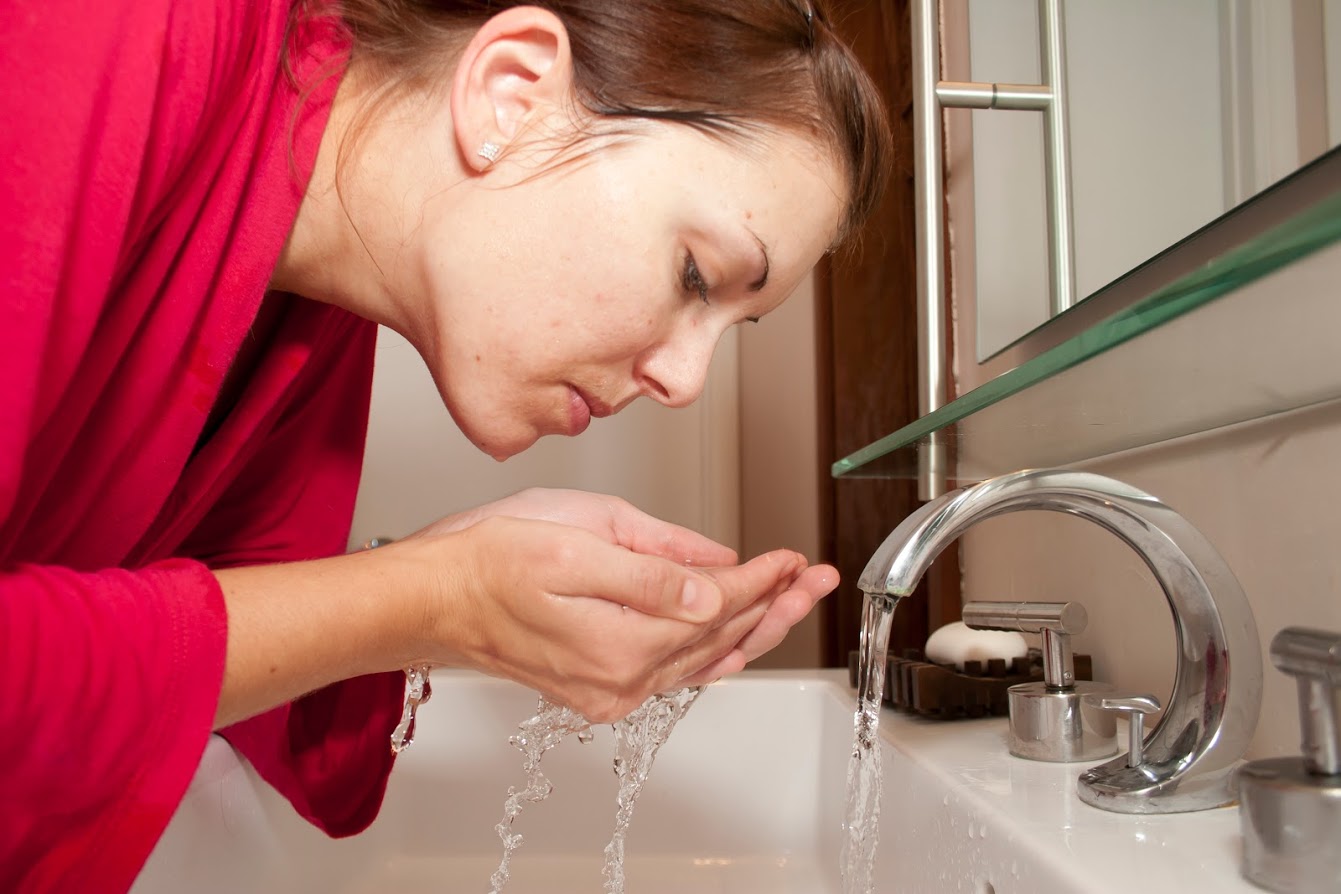
Manage Acne Papules
In spite of the fact that acne is thought of as a teenager’s ailment, many adults struggle with this issue as well. Nobody wants to deal with acne, which can be especially embarrassing when it is immediately visible on your face. Acne papules are small blemishes of the skin that become inflamed and red before they become pustules. Papules are the type of blemish most commonly known as zits or pimples. Papules typically develop because the pore underneath has been clogged by dirt or oil. Oil feeds bacteria, and the walls of the pore rupture. You can identify papules because they rise above the skin and appear swollen and red. While they usually appear alone, you may also notice that some papules develop in groups. Read on to learn more about acne papules and how you can prevent and treat them.
Being At Risk for Acne Papules
Your hormones have a lot to do with the amount of acne you experience. In fact, constantly fluctuating hormone levels are the main reason why teenagers experience acne at a higher rate. Women may also experience more acne at certain points in their menstrual cycles. Acne also has a hereditary component. While the condition may run in families, not everybody in your family may experience acne in exactly the same way. The clothing you wear can also put you at higher risk for acne. If you frequently wear tight clothing that does not allow your skin to breathe, you may experience more acne than the average person. While the science behind whether your diet impacts your risk for acne is still up for debate, evidence does not necessarily show that eating greasy foods or chocolate will increase your risk of papules.
Preventing Acne Papules
Preventing papules requires long-term effort. Papules may occur anywhere on the body, but they are most common on the face due to excessive oil production. This means that you may need to spend more time washing your face each day to prevent acne. Benzoyl peroxide is highly recommended for individuals battling frequent papules. This ingredient eliminates potential bacteria that contribute to large blemishes. Salicylic acid also helps prevent oil buildup. Washing with these products twice a day may be enough to prevent papules. You must rely on a consistent routine.
Treating Acne Papules
Spot treatments are common for individuals who do not experience intense breakouts. If you have just one or two pimples a month, you merely need to apply an occasional treatment. Salicylic acid and benzoyl peroxide are among your best options for treating acne that is already present. You should never squeeze papules as they can leave behind permanent scars. These bumps are types of inflammation and do not usually contain liquids that you would be able to squeeze out. You will not eliminate redness or irritation by squeezing your zit. You should also be careful never to dry out your skin with excessive scrubbing or product use. Hydration is crucial for your skin to recover. Topical creams can ease some problems without drying out your skin and leaving it irritated. If your breakouts are frequent and range from moderate to severe, you may benefit from a prescription for your skin condition. Your doctor can prescribe a good medication based on your skin type and medical history. If you have been living with acne for years, you want quick answers. Asheboro Dermatology & Skin Surgery Center can provide you with the solutions and care you deserve. Our team of professionals is ready to help you look and feel your best. Call today to set up an appointment with our knowledgeable and compassionate staff.

